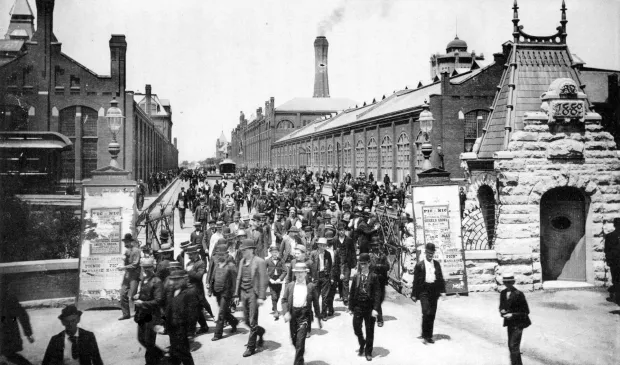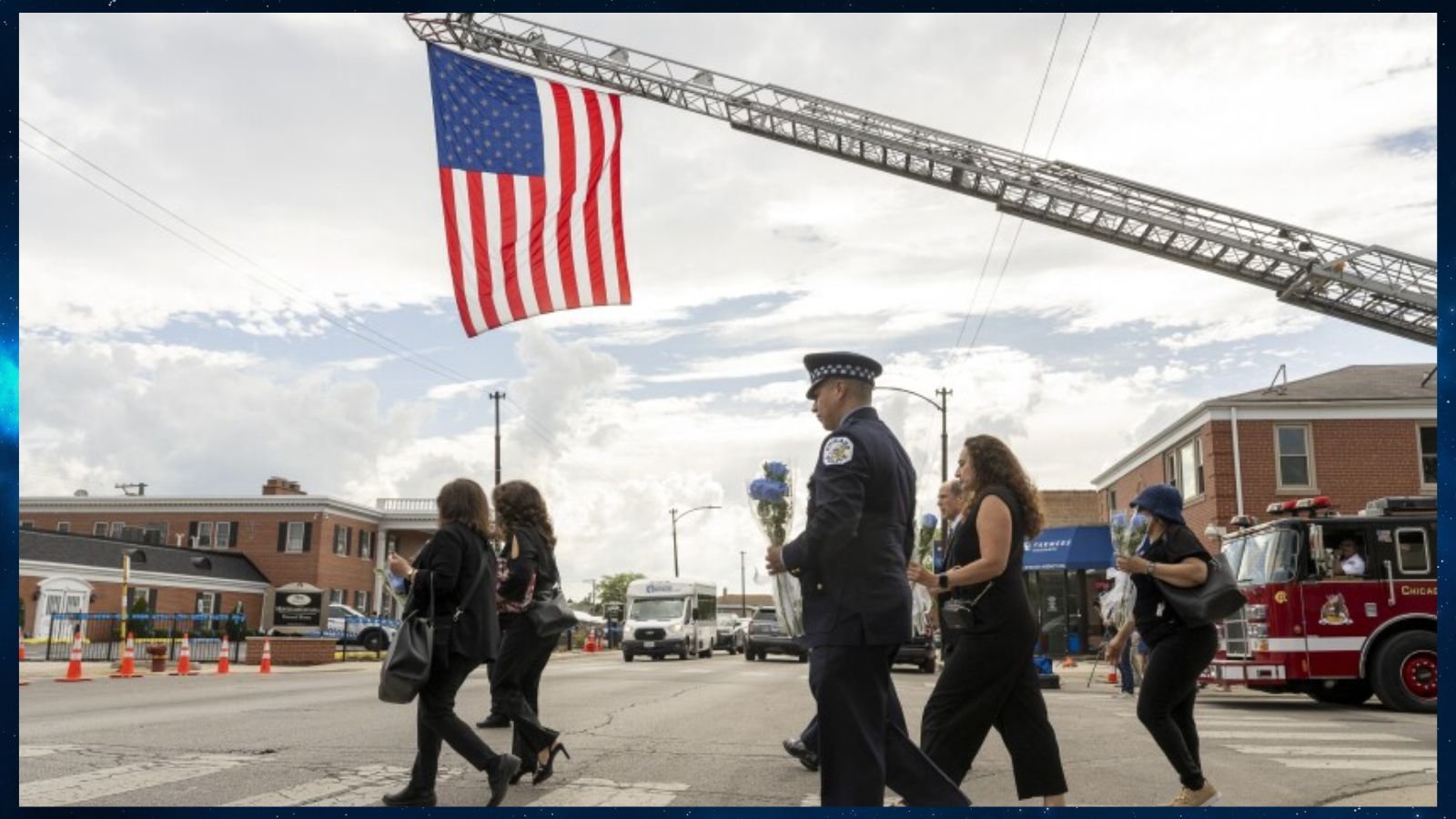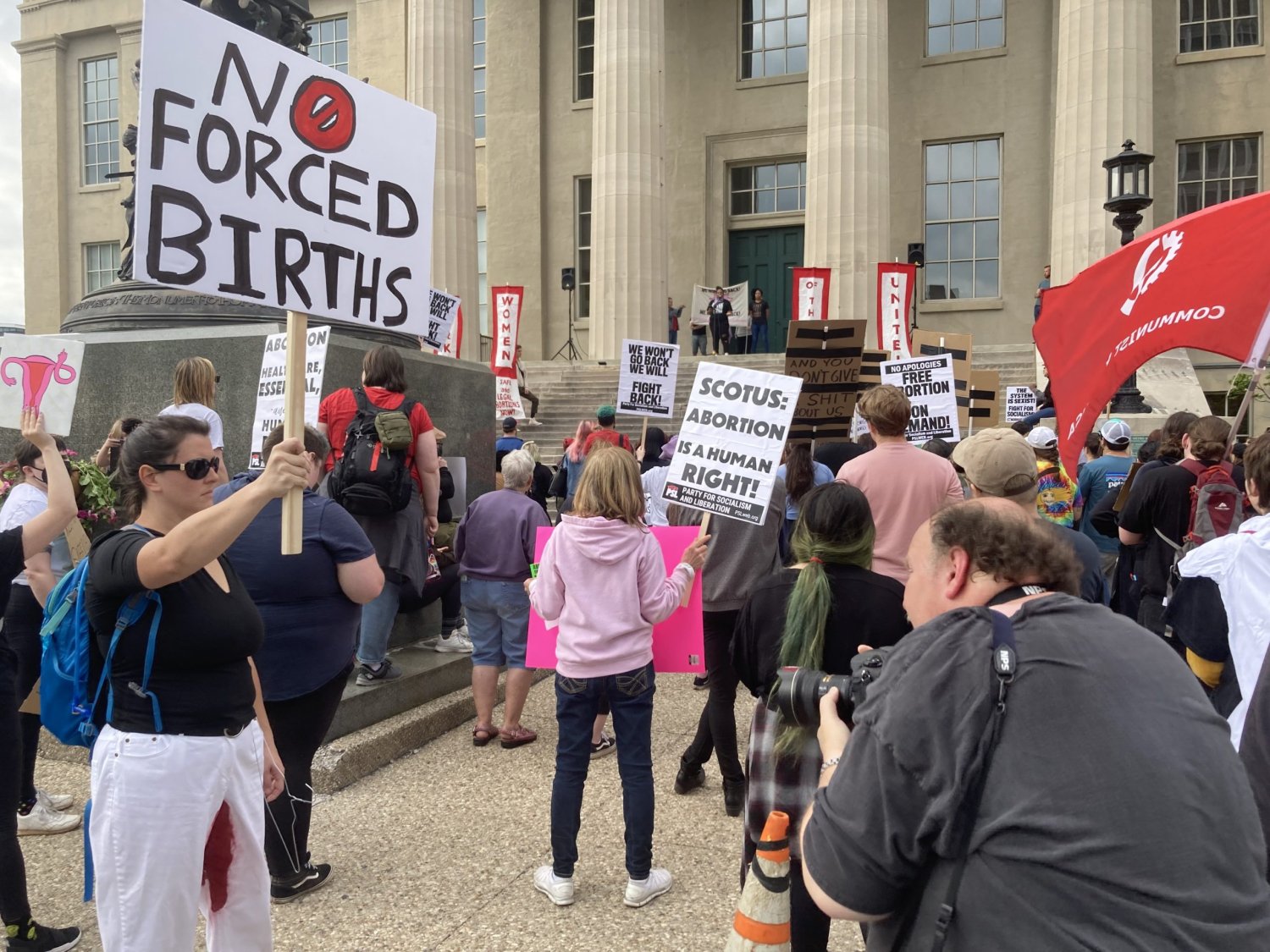CHICAGO — More than a century ago, Illinois Governor John Peter Altgeld made history when he defied President Grover Cleveland’s decision to send federal troops into Chicago during the violent 1894 Pullman Strike — a bold move that triggered a major standoff between state and federal powers.
Governor Altgeld Stood Firm Against Federal Intervention
As the Pullman railway strike grew across the country, tensions escalated in Chicago. Rail traffic halted, violence erupted, and the federal government stepped in. President Cleveland sent troops from Fort Sheridan into the city, claiming it was necessary to protect mail routes and restore order.
But Governor Altgeld disagreed and protested the action in a direct message to the president. He insisted Illinois could handle the unrest and that deploying federal forces without the state’s consent was unconstitutional.
“I protest against this and ask the immediate withdrawal of the Federal troops from active duty in this State,” Altgeld wrote.
Altgeld’s strong opposition became one of the most memorable acts of gubernatorial resistance in U.S. labor history. A full account of the confrontation was reported by WBEZ Chicago.
Why the Strike Happened
The strike began after the Pullman Company cut wages but continued charging high rent to workers living in its company-owned homes. The American Railway Union, led by Eugene V. Debs, organized a nationwide boycott of trains using Pullman cars.
Soon, over 125,000 workers walked off the job, paralyzing the rail system. The government responded with a federal injunction and the deployment of troops.
Violence Erupted After Troops Arrived
Despite Altgeld’s warnings, the presence of federal troops escalated tensions. In one incident on 49th and Loomis, four people were killed and 20 injured after troops fired into a crowd.
Ironically, most violence occurred after federal troops entered Chicago, reinforcing Altgeld’s argument that their arrival had made things worse, not better.
Read More: Illinois Adds $100M Budget ‘Safety Valve’ to Prepare for Potential Federal Cuts
Altgeld Paid a Political Price, But Left a Lasting Legacy
Governor Altgeld’s stance drew heavy criticism. Newspapers accused him of siding with “anarchists.” He lost re-election in 1896. But in the years that followed, his legacy improved, with many seeing him as a defender of civil liberties and state sovereignty.
His gravestone in Graceland Cemetery carries his iconic quote:
“This is a government of law, and not a government by the caprice of an individual.”
Why This History Still Matters Today
For Illinois residents, this moment in history is more than just a footnote. It’s a reminder that local leadership can matter deeply in national crises. Whether the issue is immigration enforcement, protest response, or federal emergency orders, Altgeld’s stand remains a powerful symbol of what it means to protect the rights of your own community.
Do you believe state leaders should stand up to federal pressure when local rights are at stake? Share your thoughts and join the discussion on ChicagoSuburbanFamily.com.









